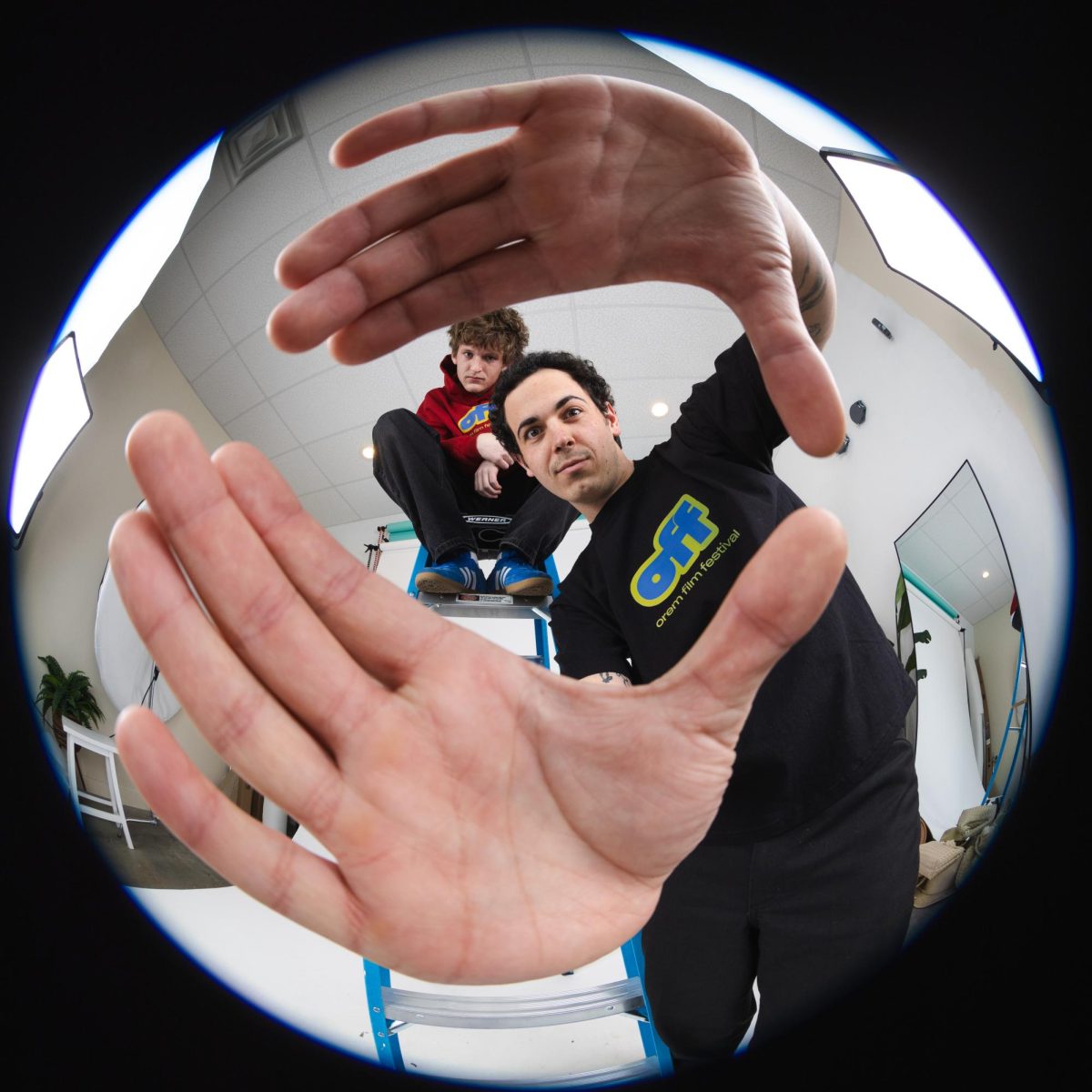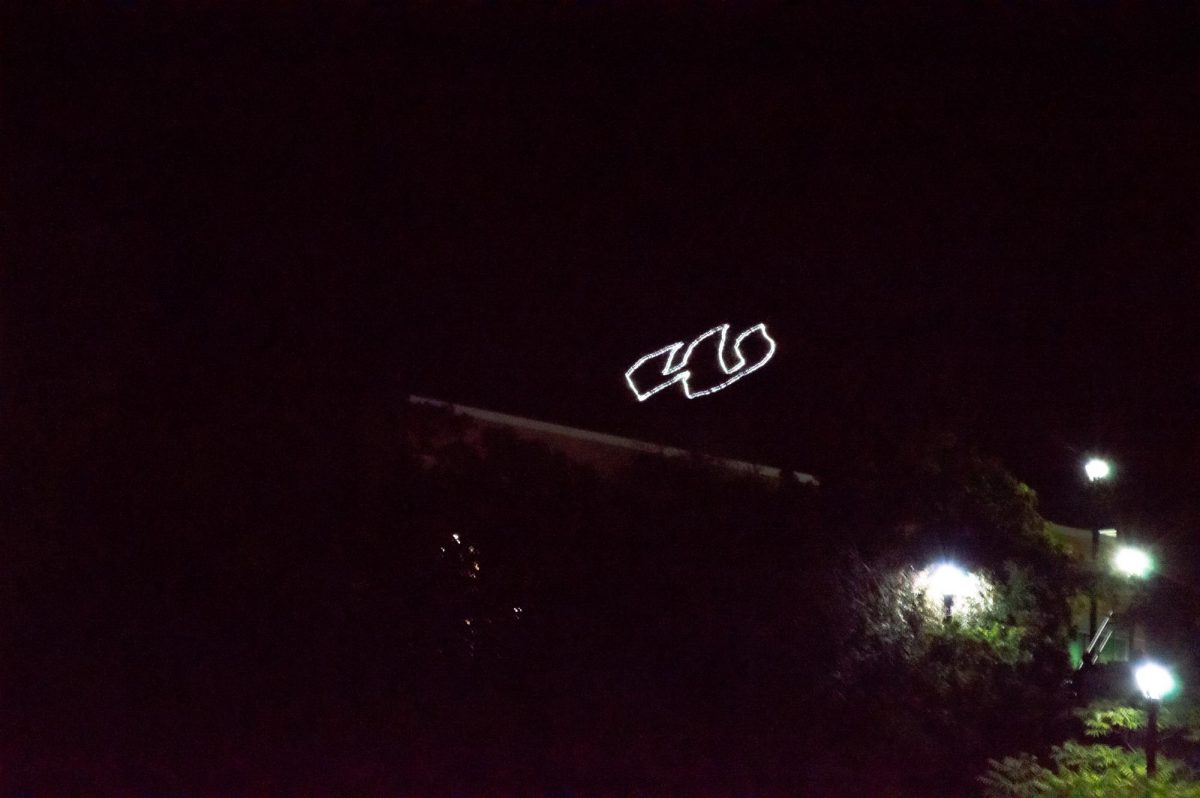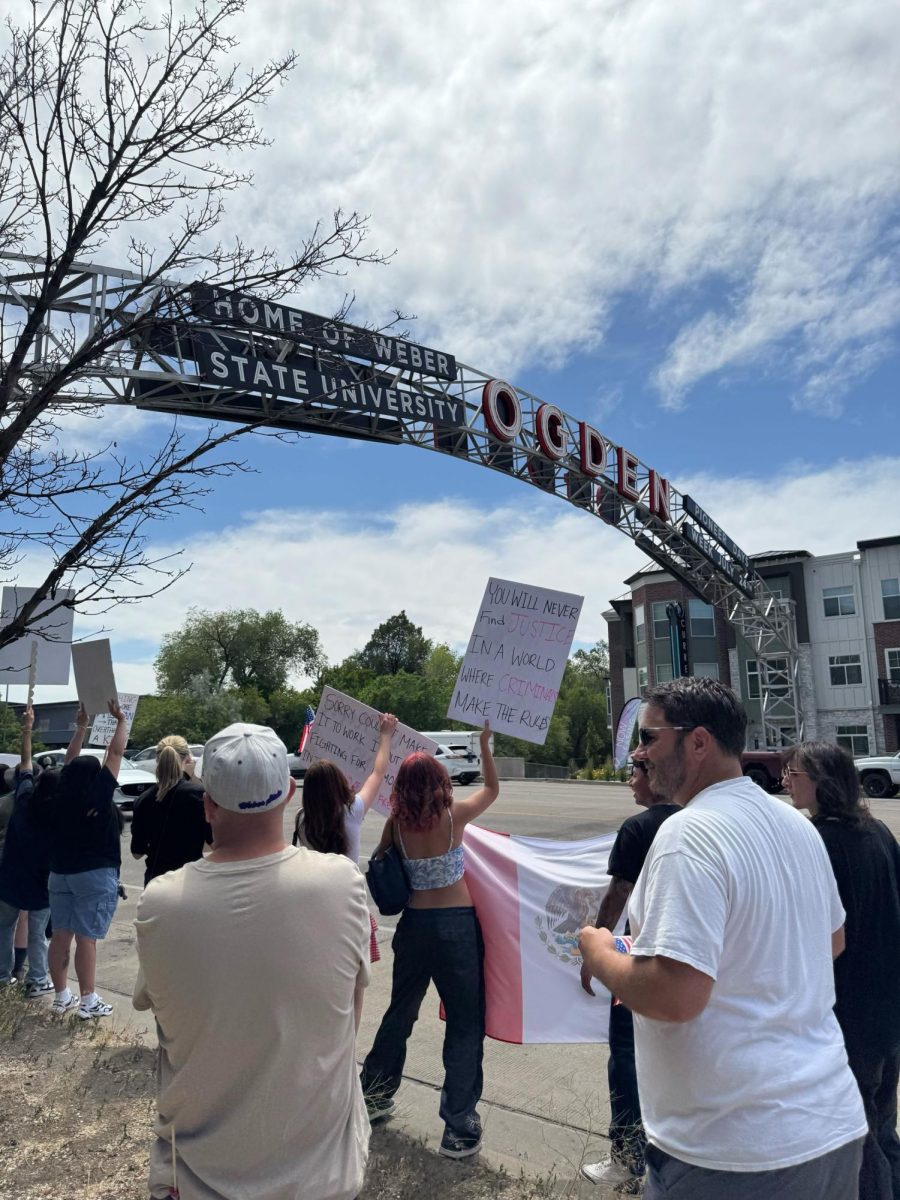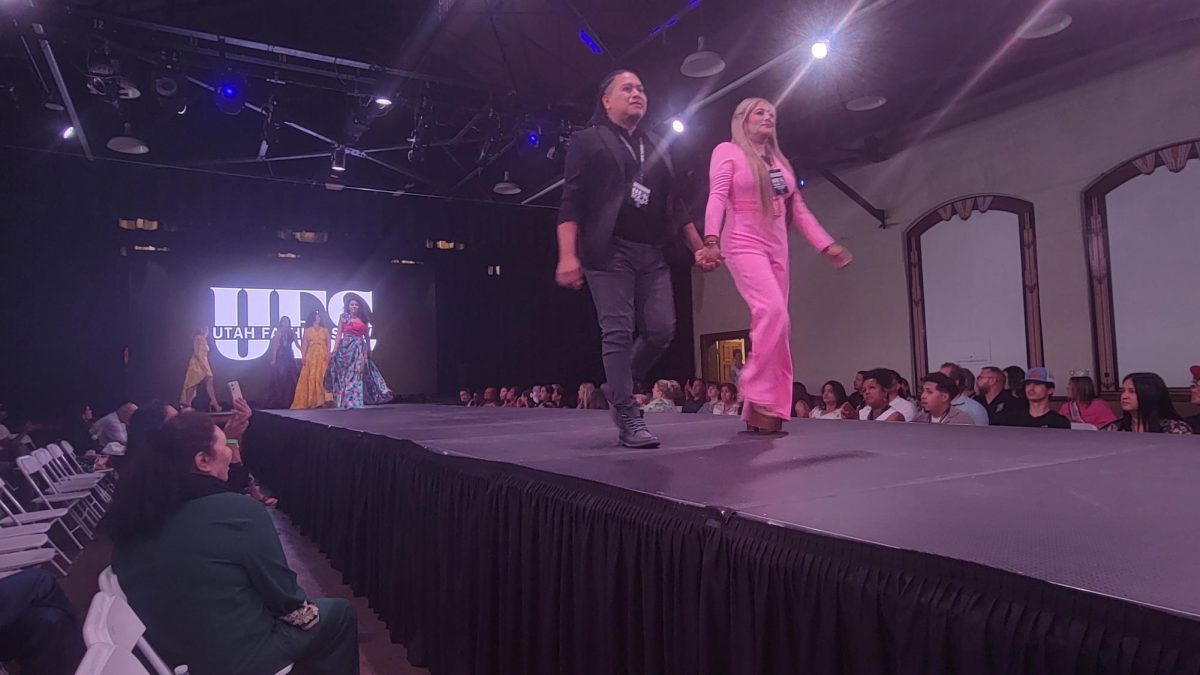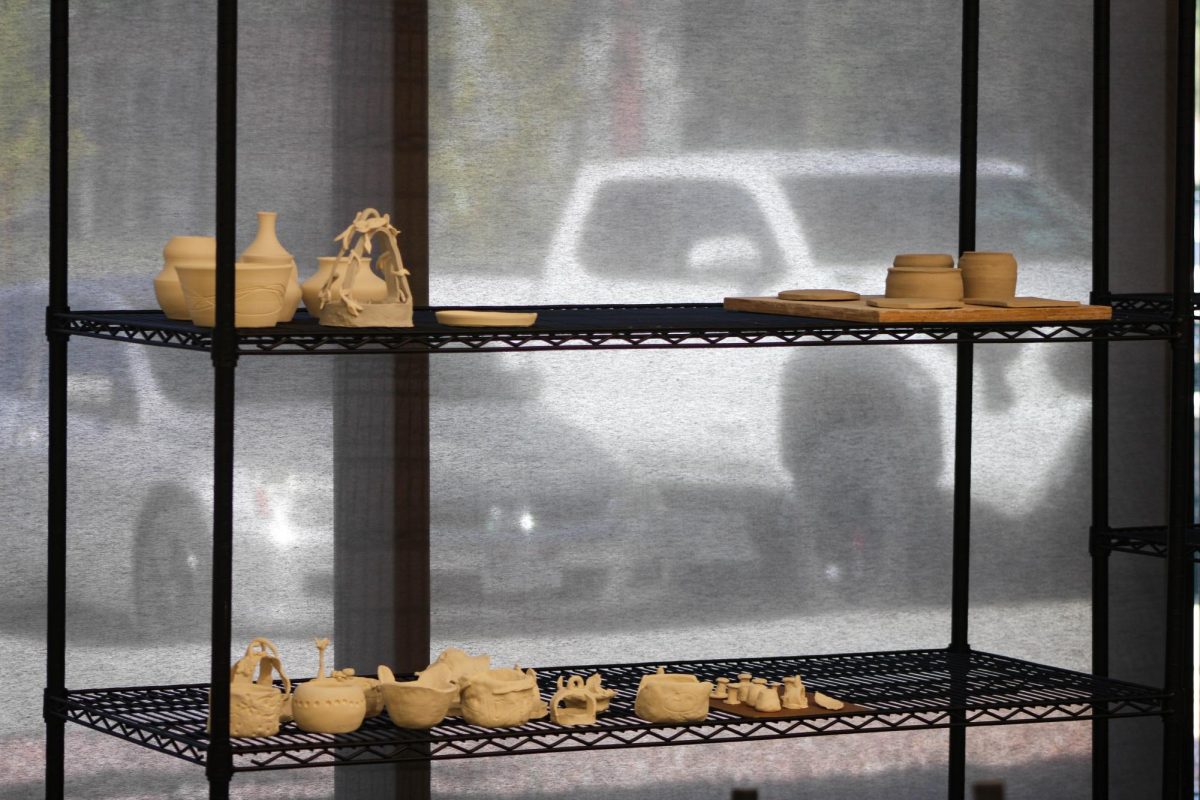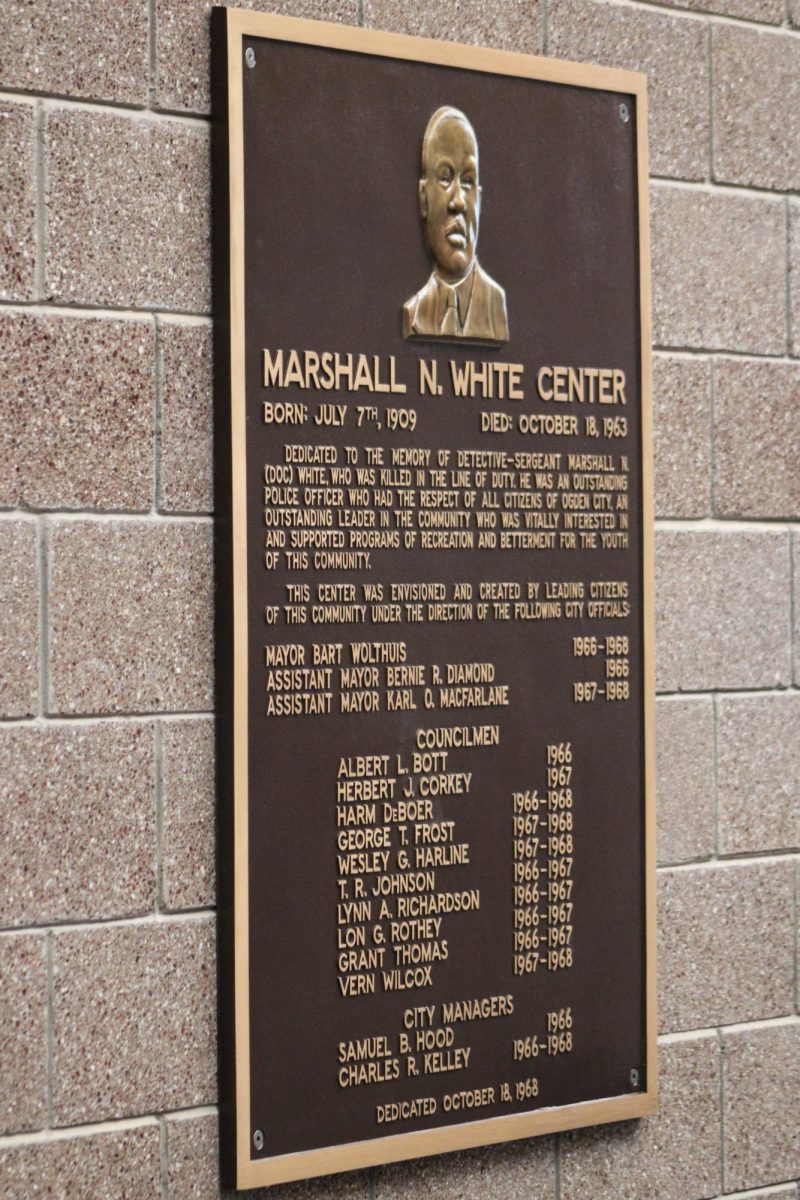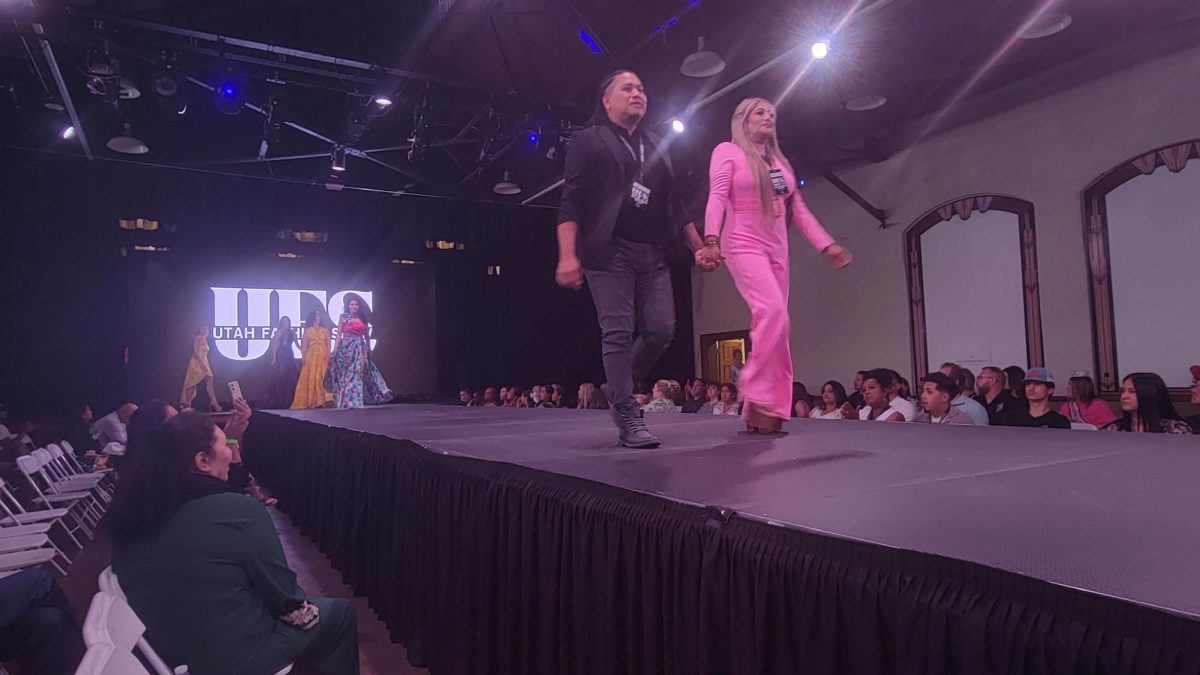To raise awareness about the ongoing genocide in Darfur, the Weber State University Center for Diversity and Unity hosted a discussion on Friday called “The Holocaust — A World Crisis Continues.”
“I believe that genocide is the killing of a person because of their race,” said WSU student Julia Salcedo, who is involved with the CDU. “It’s scary to think that it’s still going on today.”
During the event, Amy Pittman, a WSU student and community chair for the CDU, led a discussion about what genocide was and explained the history of how it has grown to what it is today, particularly in Africa.
After the discussion, the audience watched two short films directed and produced by the United States Holocaust Memorial Museum dedicated to the events happening in Darfur that are affecting the people there.
In the first part of the first film, Darfur eyewitness and former U.S. Marine Brian Steidle talked with people at the Holocaust Memorial Museum about the time he spent in Darfur with the African Union Monitoring Force.
Steidle described how villages get attacked and how when the attackers are done, they take everything of value and then burn whatever is left.
According to Steidle, the process starts with the government. They have access to helicopters, and they come in above the city and shoot as many people as they can. After that, they signal the militia who comes into the town by foot or camel. They kill the rest of the people that survived the first attack. Next, the ground crew loots the homes and takes everything that has value before burning the rest to the ground.
“I wish I could do more,” Steidle said, “because it’s going to take a lot more effort to change this.”
In the second film, Staring Genocide in the Face, Jerry Fowler, the director of the Committee on Conscience, brings to light many examples of the genocide in Darfur by using personal experiences and telling stories about the Darfur refugees that he met in the neighboring country of Chad.
“What really shocked me in this video was the part when the armed soldier guarded the well to stop anyone in the surrounding villages from using it,” Pittman said. “We live here with so many resources, and they have a single well, and they are forbidden to use it. It just doesn’t seem right.”
The film discusses all the many issues that Darfur is facing and will face is still relatively recent. It was not till 2004 that the Committee on Conscience of the United States Holocaust Memorial Museum declared a genocide emergency for Darfur.
“This entire situation made me think of the Kony issue that is going on and how we are trying to make him famous,” Pittman said. “This is what needs to happen for Darfur.”
As a part of Holocaust Remembrance Week, the CDU wants people to stand up and act.
“Choosing to act, choosing to raise awareness is really the most powerful tool that we have at our disposal,” said Adrienne Gillespie, director of the CDU.
This event was a part of similar proceedings that have been featured all week.
“The purpose of this week is to create awareness about genocide and how one person can make a difference,” Gillespie said. “The reality is that you just don’t get past these things. We continue to educate and to remember because we don’t want these things to happen again. That’s why it’s critical to be able to reflect and to recognize the survivors and the people that weren’t able to speak out.”


